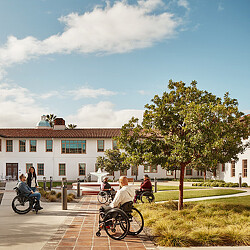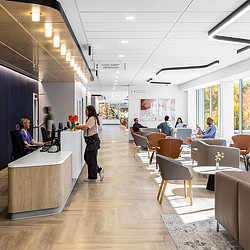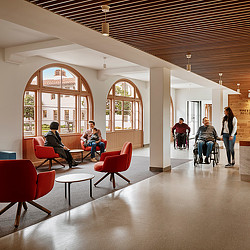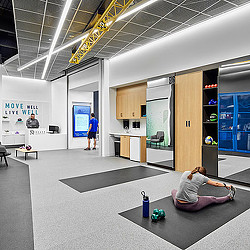How Gaming Can Transform Activation and Transition Planning for New Healthcare Campuses
A gamified approach to training can help educate and engage staff when transitioning to new healthcare facilities.
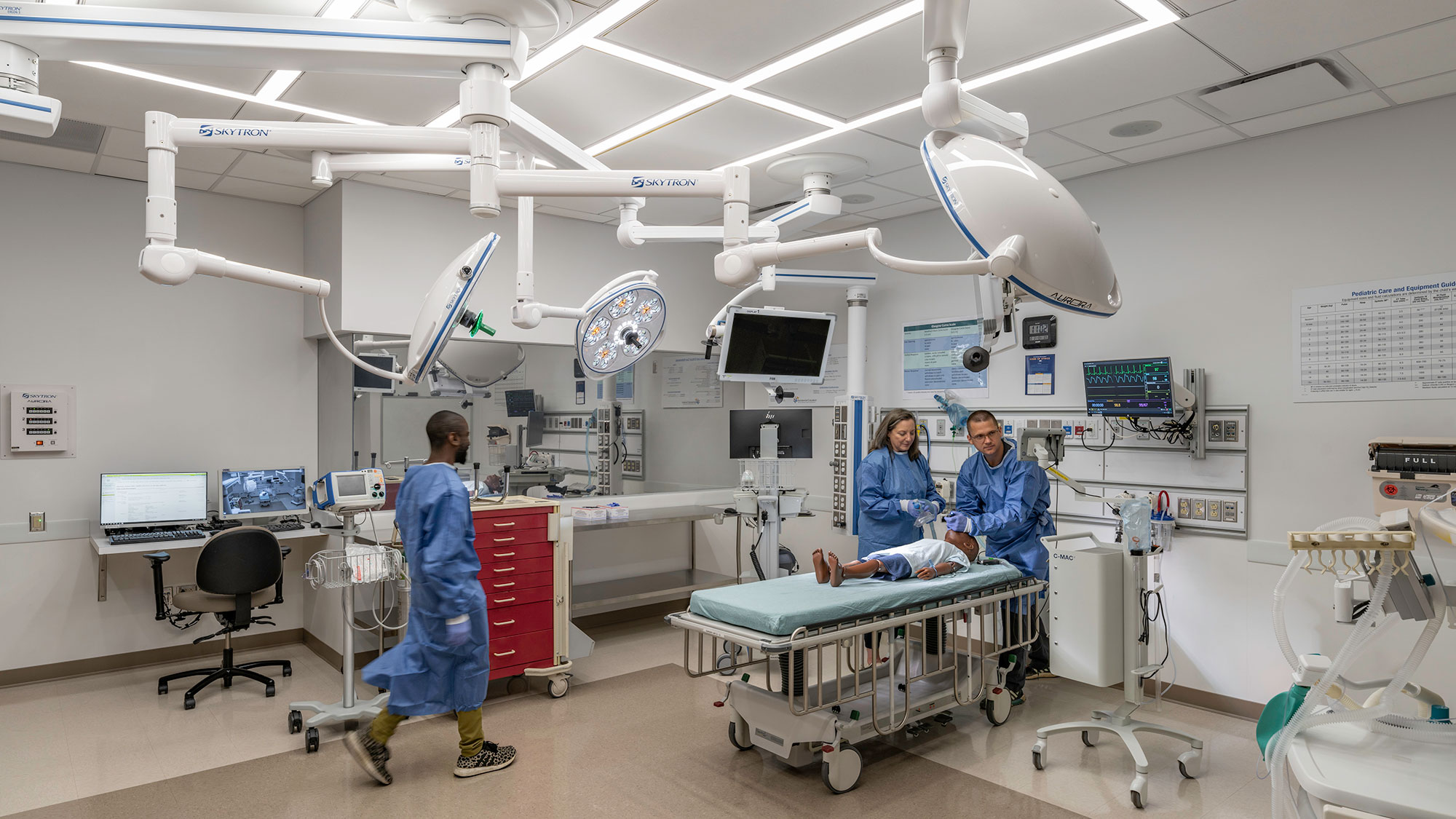
Activation and transition planning in healthcare facilities is a complex and multifaceted process. As new hospitals come online, the gap between the facility’s launch and staff confidence in operational processes and workflows can create significant challenges. Traditional training methods often fall short in preparing staff for the unique demands of new environments. Innovative solutions are essential to enhance understanding and engagement during this critical transition period.
Creating an immersive training experience through a virtual video game environment is one way to address this challenge. By transforming detailed architectural data from building modeling software into an interactive format, hospitals and other healthcare facilities can better educate their staff about their new workplaces and shorten the time it takes to familiarize themselves with new layouts and workflows.
Making the Case for the Video Game Training
A gamified approach to training can significantly improve retention and understanding of operational procedures. Engaging gameplay can make complex concepts more accessible and memorable, ultimately increasing staff confidence. Key benefits include:
- Stakeholder Engagement
- The game will involve various stakeholders, including staff, management, and design teams. This collaborative approach fosters feedback and shared learning, ensuring that all voices are heard in the transition process.
- Risk Mitigation
- Simulation through gaming can identify potential issues before the building is operational. By exposing users to challenges in a controlled environment, we can address concerns proactively, further supporting staff confidence in their processes.
- Cost Savings
- An immersive training approach can lead to significant cost savings for healthcare systems. By reducing the time required for training and onboarding staff, hospitals can minimize labor costs and operational disruptions. Additionally, improving staff preparedness can lead to enhanced operational efficiency, reducing the likelihood of costly errors and delays once the facility is operational.
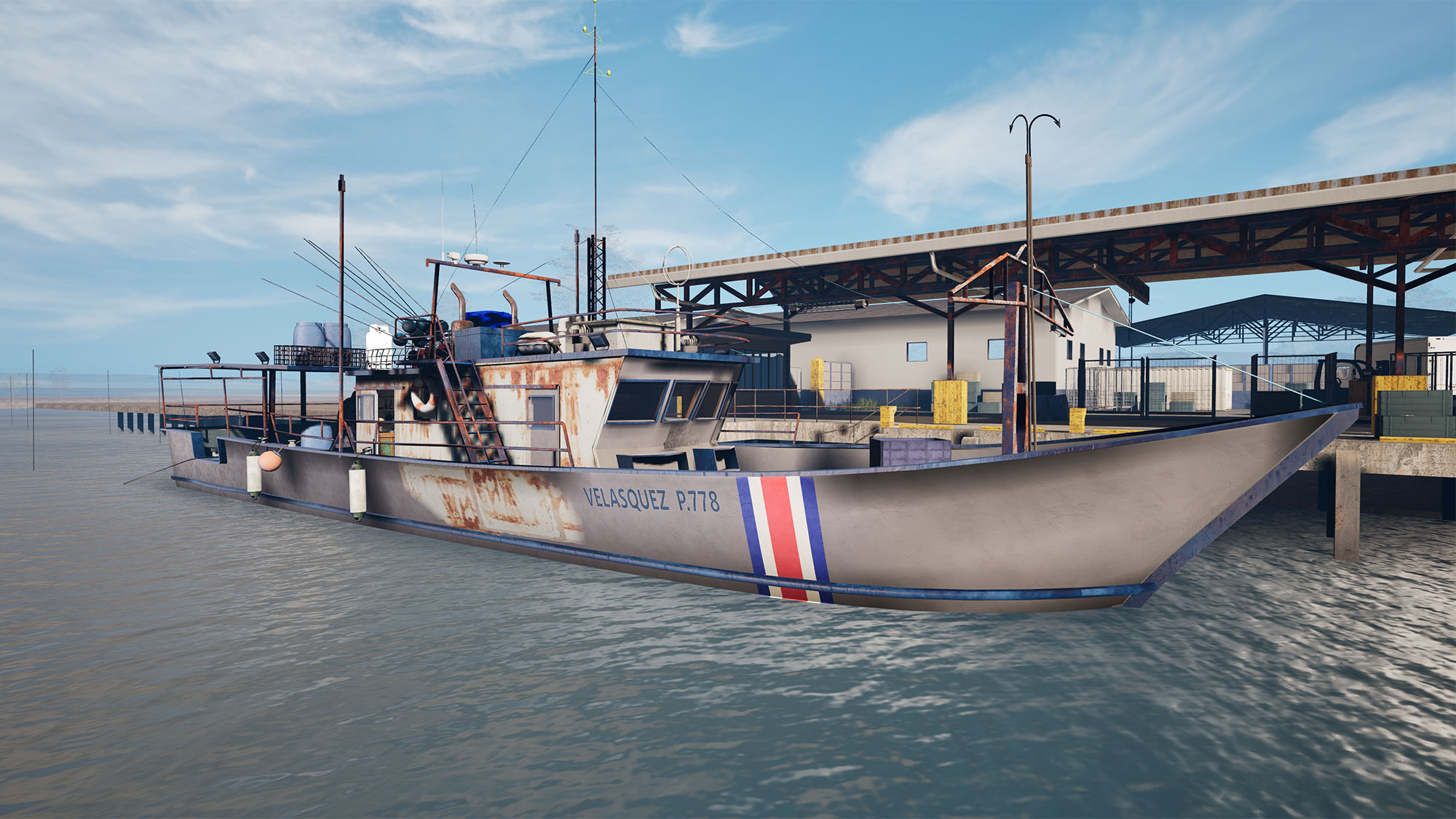
Success Story: Costa Rica Fishing Federation
A notable example of using gamification in a complex operational environment comes from Gensler's work with FECOP (the Costa Rica Fishing Federation) and the Costa Rican National Coast Guard Service. Gensler developed an immersive training simulation that employed 3D modeling and virtual environments to train personnel effectively by simulating the experience of inspecting boats to combat illegal fishing.
This initiative demonstrated the power of using interactive simulations to enhance understanding and confidence among staff. The implementation led to improved readiness and operational effectiveness, as personnel could engage in realistic scenarios and practice responses without real-world consequences. The lessons learned from this project highlight the potential benefits of integrating similar gamified training approaches in healthcare settings.
Looking Ahead
As the healthcare industry continues to evolve, further exploration of gamification in design and operations will be essential. By embracing these innovative methods, we can create more effective, engaging, and efficient healthcare environments that empower staff from day one while also optimizing resources and reducing costs for the healthcare system.
For media inquiries, email .

